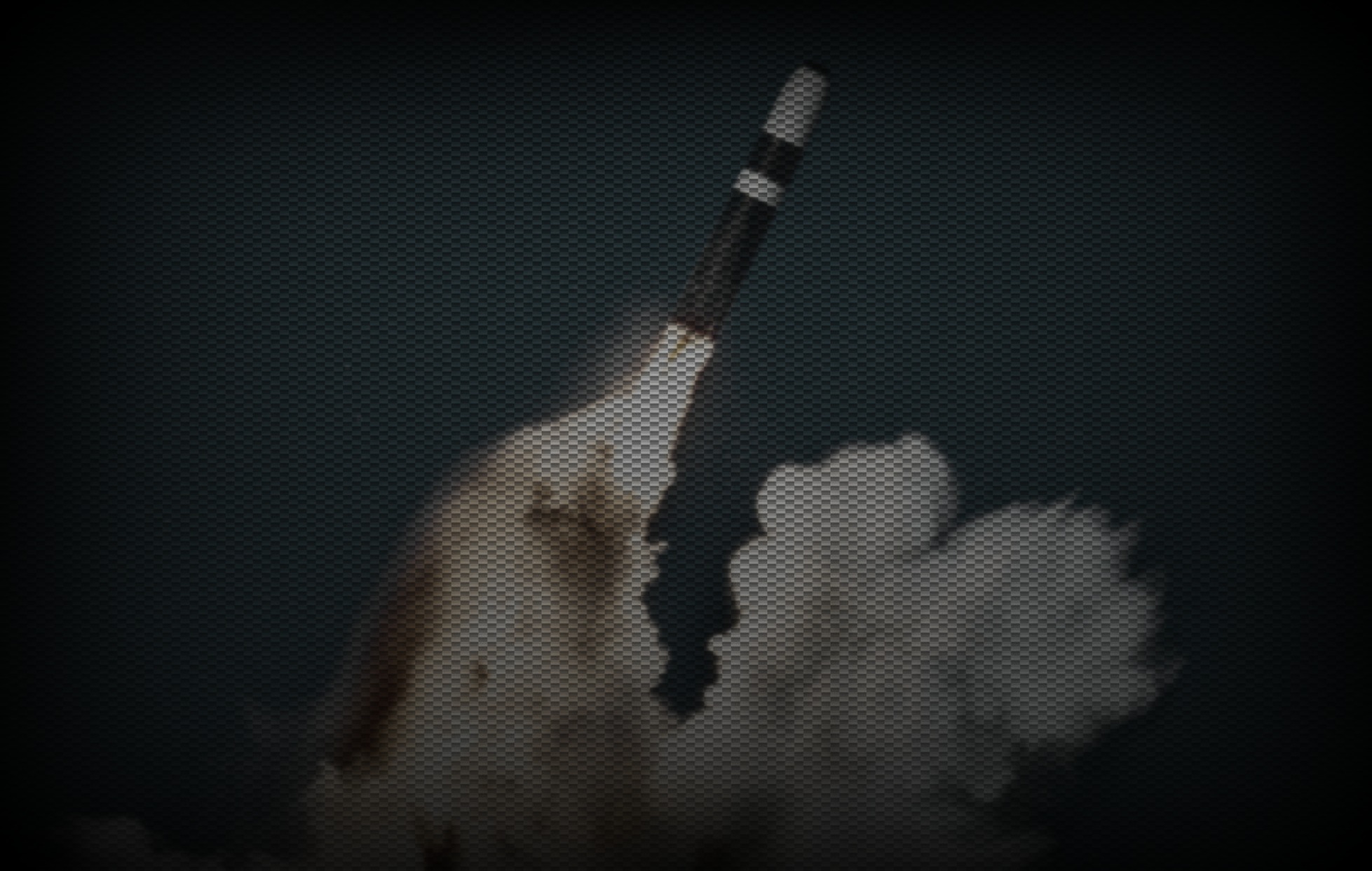President Obama will not rule out the possibility of the United States conducting a first nuclear strike, keeping intact a policy that has been in place since the Cold War.
The New York Times reported Tuesday that Obama won’t attempt to revise the so-called “First Strike” doctrine before leaving office in January 2017.
The paper noted he had faced criticism, including some from “former senior aides,” over unfulfilled campaign and first-term promises, to work towards “a world without nuclear weapons.”
“For months, arms control advocates have argued for a series of steps to advance the pledge he made,” the Times said. “An unequivocal no-first-use pledge would have been the boldest of those measures.”
The source of complaints about the President’s about-face are from roughly six years ago. In 2010, when Obama renewed the START treaty with Russia, he also agreed to modernize the US nuclear arsenal, per Congressional Republicans’ demands.
The Times said that a shift away from First Strike would be mostly cosmetic, with US presidents dating back to Harry Truman, having pledged to only use nuclear weapons as a “last resort.”
History, however, casts a pall over these pledges.
Truman ordered the dropping of two atomic bombs on an already-battered Imperial Japan in 1945, despite the fact that some American military officials–at the time and, in the years after–expressed doubt that the nuclear bombings were needed to force a Japanese surrender. Those critics included Dwight Eisenhower, Pacific fleet commander Adm. Chester Nimitz, and Truman’s Chief of Staff, Adm. William Leahy. The United States is still the only nation in history to use nuclear weapons against an adversary.
According to The New York Times’ Tuesday report, President Obama had considered a move away from First Strike this summer, not long after he became the first US President to visit Hiroshima—the first of the two Japanese cities targeted by nuclear weapons, under orders from Truman.
Obama was, however, persuaded to move away from altering the policy by his cabinet. The Secretaries of Defense, State and Energy—Ash Carter, John Kerry, and Ernest Moniz—were all opposed to the move.
Kerry and Carter were particularly concerned about upsetting allies in East Asia, South Korea and Japan, in the context of perceived US “weakness,” in the face of possible North Korean military strikes.
The Times also noted Kerry objecting to “weaken[ing] the nuclear deterrent while Russia is running practice bombing runs over Europe and China is expanding its reach in the South China Sea.”
President Obama also ran the risk of adopting a policy that would be quickly reversed by the next administration, the paper noted.
“[Donald] Trump bristled at the idea [of abandoning first strike], saying he would never want to weaken America’s leverage,” The Times said. “[Hillary] Clinton has not spoken on the issue during her campaign.”









